Do tattoos and Catholicism go hand in hand? This is a question that has been asked by many people over the years, from religious followers to curious onlookers. It’s no secret that there are strong opinions about tattoos within Christianity, particularly amongst Catholic believers. So can Catholics get tattoos or not? That’s what we will be exploring in this blog post as we delve into the complex history and beliefs of Catholics around getting body art. We’ll look at why some religions disapprove of them; discuss any potential restrictions on getting a tattoo; and examine whether it’s possible to reconcile faith with body ink. By the end, you should have a better understanding about where Catholics stand when it comes to permanent body art — so let’s dive right in!
Are Tattoos Forbidden by the Catholic Church?
Catholics are not prohibited from getting tattoos by the Catholic Church. According to the Catechism of the Catholic Church, the human body is considered a temple of the Holy Spirit and should therefore be treated with respect and dignity. As such, any modifications to the body should be undertaken with due consideration for its implications.
However, it is important to note that while tattoos are not forbidden by the church, they should always reflect the values and beliefs of Christianity. Tattoos that depict violence or hate speech should therefore be avoided.
Ultimately, it is up to each individual’s conscience and moral discernment whether or not they choose to get a tattoo. The Catholic Church encourages us to make the decision prayerfully and thoughtfully in order to ensure that our actions are honoring our beliefs. [1]
What Does the Catholic Church Say About Tattoos?
The Catholic Church does not have an official stance on tattoos. However, it is important to remember that the Church does believe in the concept of stewardship—the responsible use and care of one’s body. This means that any permanent alteration of the body should be approached with thoughtfulness and consideration.
When deciding whether or not to get a tattoo, it is a matter of personal opinion and discretion. It is important to prayerfully consider all aspects of the situation before making a decision. If you decide to get a tattoo, make sure that it is something that you will be proud of for many years to come. Additionally, take care in finding an experienced artist who will do their best work and practice safety precautions while giving the tattoo.
Remember that if you have any questions or concerns about tattoos and your faith, you should consult with your local parish priest for guidance. He can provide insight into how your Catholic faith might inform your decision-making process. Ultimately, the decision of whether or not to get a tattoo is yours alone and should be made with thoughtful consideration.
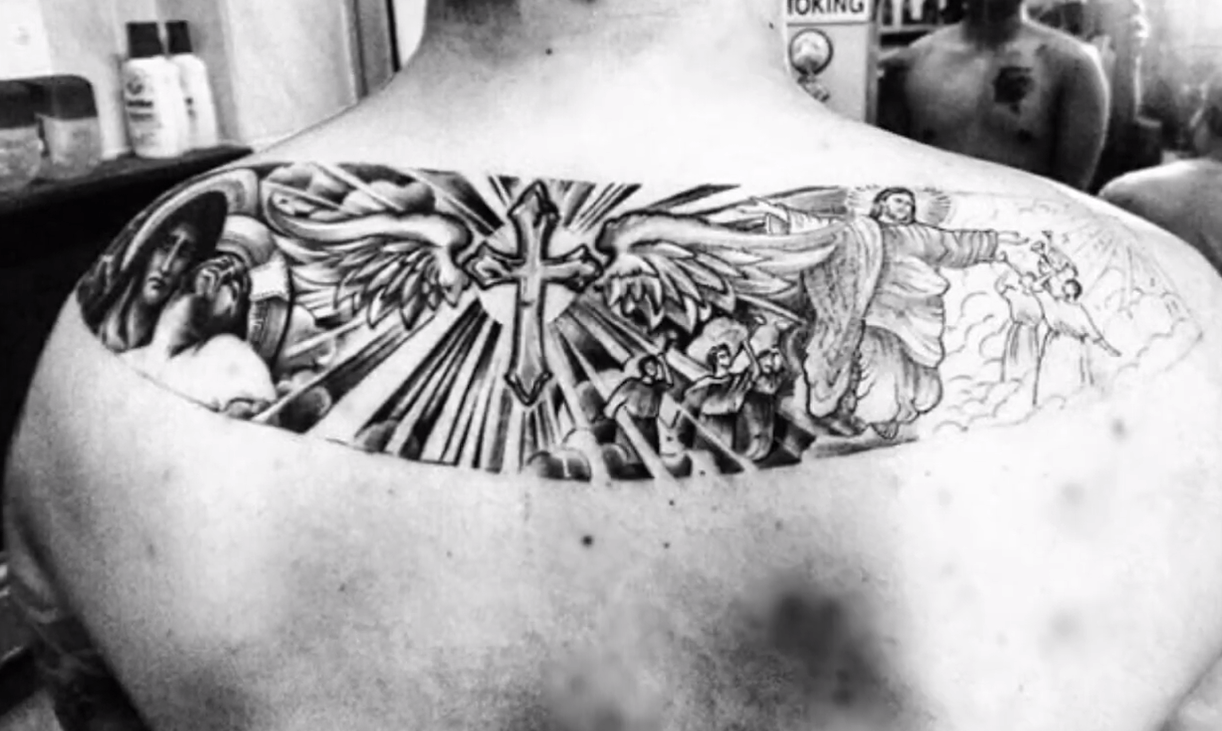
Can a Catholic Priest Get a Tattoo?
The short answer is no. Catholic priests take a vow of celibacy upon entering their profession, which includes abstaining from body modifications such as tattoos. The Church does not allow clergy members to have any kind of body art or decoration regardless of size. This means that even small tattoos are forbidden for priests, in order to maintain the traditional look and appearance associated with the priesthood.
While some may view this rule as outdated or overly restrictive, it remains an important part of the Catholic faith and is unlikely to change anytime soon. Though individual priests may choose to break this rule and live by their own moral code, they would be doing so outside of Church doctrine and without official acceptance or sanction from religious authorities. It’s important for Catholics to remember that tattoos are forbidden for priests and should be respected as a part of their commitment. [2]
In addition, any Catholic looking to get a tattoo should also consider the spiritual symbolism associated with body art. While some tattoos may have religious or cultural significance, others can appear to contradict Church teachings and values. It is important for Catholics to think carefully about any potential spiritual implications of getting a tattoo before they decide to move forward with the process.
Ultimately, it is up to individual Catholics on whether or not they choose to get a tattoo – but priests are expected to abide by traditional rules set forth by the Church. As such, priests cannot get tattoos, regardless of size or design.
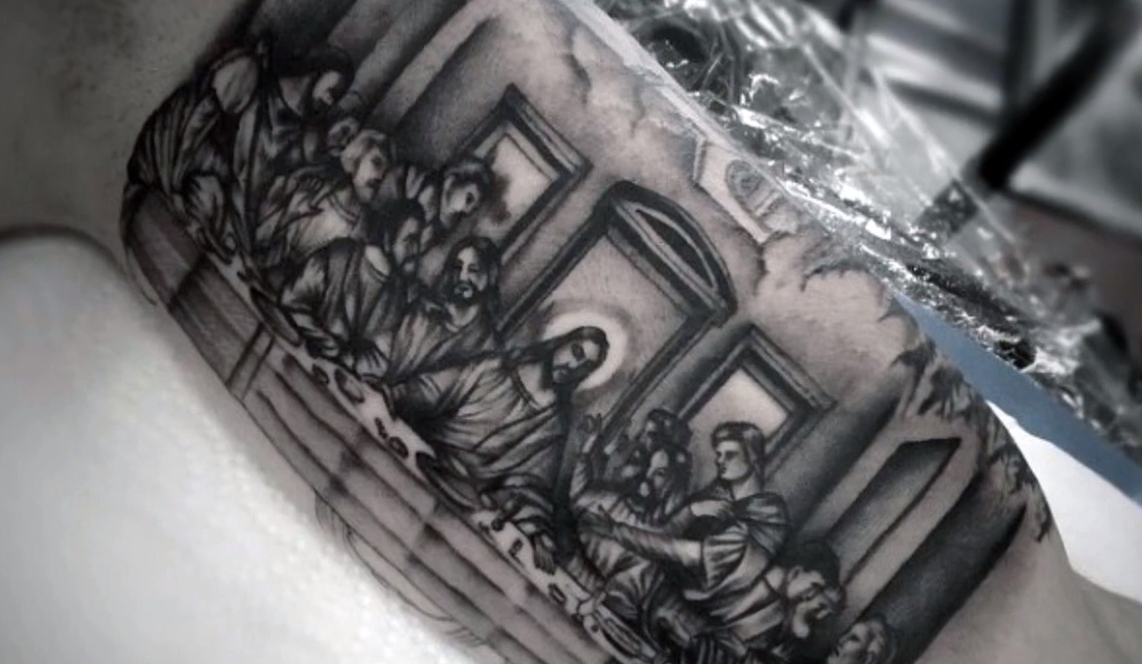
What’s the Right Way To Get a Tattoo as a Catholic?
As a Catholic, getting a tattoo is not forbidden as long as it doesn’t involve promoting sinful behavior or causing disrespect to the body itself. If you plan on getting a tattoo, consider these tips to decide if it’s right for you and choose it in an appropriate way:
- Think carefully about the design: What message do you want your tattoo to communicate? Is there any symbolism associated with your choice of images or phrases that could be seen as disrespectful? Avoid designs and symbols that are contrary to Christian teachings.
- Choose a reputable parlor: Look for cleanliness, safety, and good customer service before deciding where to get your tattoo. Make sure the artist has had proper training and experience in applying tattoos.
- Go slow: Don’t rush into getting a tattoo. Take time to think it through and consider how it will look years down the road before making your final decision.
- Respect yourself: Remember that your body is a temple and should be treated with respect. Resist any pressure to get a tattoo simply because someone else has one or because it’s trendy.
By following these tips, you can make sure that getting a tattoo is the right decision for you as a Catholic and ensure that you do it in an appropriate way. Always remember to put God first when making decisions about your life, including the choice of whether or not to get a tattoo! [3]
Discernment About Having A Tattoo
When considering the question of whether or not Catholics can get tattoos, it is important to remember that discernment and prayer are key. Tattoos have a range of meanings, from serving as ancient marks of identity to modern forms of art and self-expression. However, in the Catholic faith, there are a few things to consider before getting inked.
The Catholic Church has not taken an official stance on tattoos, as there is no clear consensus among Catholics on the matter – especially since tattoos have become increasingly commonplace in society. Ultimately, the decision to get a tattoo or not should be made after careful reflection and prayerful discernment.
In sum, while there is no clear consensus among Catholics on tattoos, ultimately each person must prayerfully discern if getting a tattoo is the right decision for them. Each individual must make sure that their tattoos are in line with Christian beliefs and avoid any potentially dangerous spiritual implications that may arise from having certain symbols permanently etched into one’s skin.
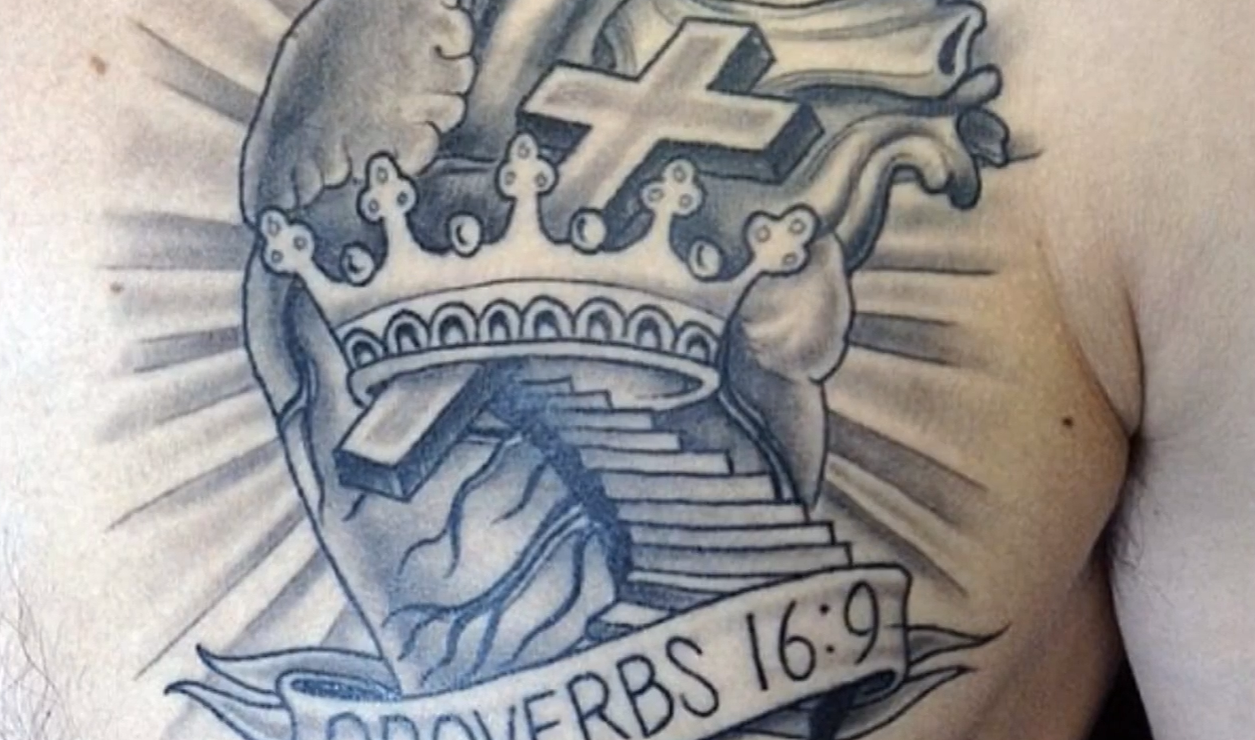
What About Piercings?
When it comes to piercings, the Catholic Church has traditionally taken a more lenient stance. According to Catholic teachings, bodily piercing and tattooing are not intrinsically evil since they do not directly involve taking life or damaging another’s health. Many Catholics view body piercing as an artistic expression of personal style, while others consider it a form of self-injury or vanity. Although there is no explicit prohibition against body modification in canon law, the church encourages restraint when considering any act that could be seen as disfiguring the body or detracting from its beauty.
The Catechism of the Catholic Church states that “the human body can be lawfully decorated” but cautions that such ornamentation should never become “excessive or a source of scandal.” In other words, Catholics should take care to avoid piercings and tattoos that are too large or otherwise attention-grabbing in order to prevent them from becoming a source of gossip or ridicule for others. Additionally, the Church discourages any body modifications that lead to permanent scarring or disfigurement. [4]
Ultimately, Catholics must prayerfully consider any decisions they make regarding body modification. The Church encourages individuals to take time to reflect on how their actions will be perceived and whether they could potentially cause offense. Ultimately, it is up to each Catholic individual’s conscience when deciding whether or not to get pierced or tattooed.
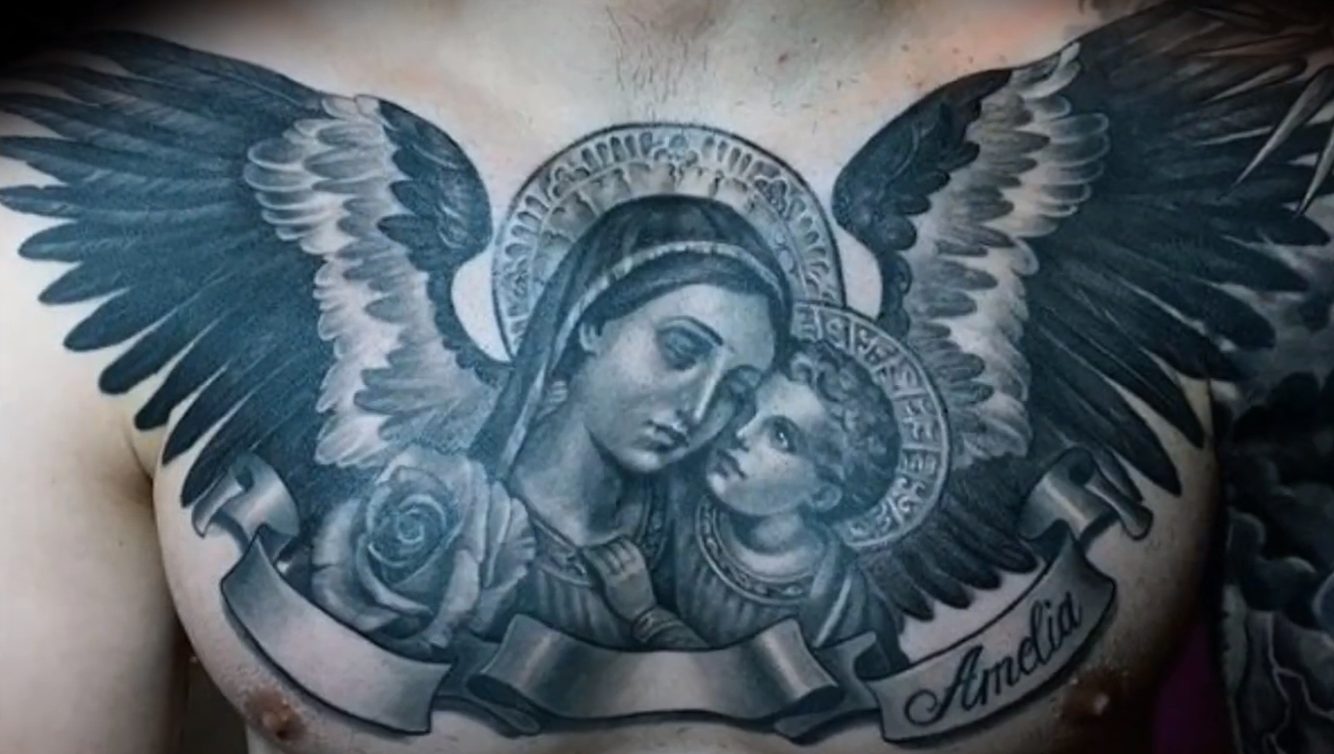
How to Cover Up Your Tattoo?
If you’re a Catholic and have decided to get a tattoo, it is important to consider how you will cover it up. Depending on your lifestyle and type of job, you may need to keep your tattoo hidden for professional or personal reasons. Fortunately, there are several ways to do this effectively.
- Clothing: Wearing clothing that covers up the tattoo is generally the easiest way to hide tattoos in public settings. Long-sleeved shirts and pants can be used to conceal tattoos on arms and legs respectively. You can also wear stockings over your legs if needed. Additionally, if you have a neck or chest piece, full-coverage tops like turtlenecks should work well too.
- Makeup & Pens: Covering up your tattoo with makeup is another great option if you don’t want to buy extra clothing. Numerous brands offer specialized full-coverage foundations for tattoos, and color pens can be used to add more pigment to the design to better match your skin tone.
- Bandages: Bandages or medical tape are effective tools for hiding tattoos temporarily in a pinch, especially if it’s on an area of exposed skin like hands or feet. Most drugstores carry bandage rolls that come in various sizes, so be sure to pick up one that will properly cover up your tattoo and stay secure all day.
By employing these methods, Catholics can easily hide their tattoos when needed. However, it is important to remember that tattoos are still not universally accepted within the Catholic faith and should be done thoughtfully with consideration of appropriate contexts. [5]
FAQ
Is the Catholic Church against tattoos?
The Catholic Church does not have an official stance on tattoos, but some individuals in the Church may discourage them. However, the Bible does not explicitly forbid tattoos, and many people believe that having a tattoo is a matter of personal preference. Ultimately, it is up to each individual to decide how they wish to honor their faith and body.
Can Catholics get tattoos?
Yes, Catholics can get tattoos if they choose. Whether or not getting a tattoo is an acceptable practice for Catholics will depend on the individual’s interpretation of scripture and beliefs in regards to honoring one’s body. It is important to note that in certain countries, such as Mexico and parts of South America, some Catholic organizations have discouraged or even banned tattooing.
Are there any limitations to Catholic tattoos?
Yes, some Catholics may choose to limit the type of tattoo they get as a way of honoring their faith and beliefs. For example, some individuals may choose not to get tattoos with imagery from other religions or depictions of graphic violence. Additionally, an individual’s interpretation of scripture and personal beliefs should be taken into account when deciding on a tattoo design. By choosing a design that is in line with an individual’s values, they can ensure that their tattoo serves as an expression of faith rather than an act of rebellion or disrespect.
What are some popular Catholic-inspired tattoos?
Some popular Catholic-inspired tattoos include religious symbols such as crosses, crucifixes, Mary and Jesus imagery, and the phrase “Ave Maria.” Additionally, some Catholics may choose to get tattoos that symbolize their faith in less obvious ways, such as a tattoo of praying hands or an angel wings. Ultimately, the design should be meaningful to the individual and reflect their values and beliefs.
Are there any spiritual consequences for getting a tattoo?
No, there are no spiritual consequences for getting a tattoo as long as it is done with respect and consideration for one’s beliefs. As noted above, some individuals may choose to limit certain types of tattoos in order to better honor their faith. Ultimately, what matters most is that each individual makes sure that they are comfortable with the decision before proceeding with a tattoo.
Can Catholics have piercings?
The answer to this question is a bit more complicated than the answer to whether Catholics can have tattoos. In the past, Catholic teaching has generally frowned upon piercings and other forms of body modification as being contrary to the teachings of the Church and to human dignity. However, in recent years, many members of the Church have noted that there are potential positive aspects to some types of piercings when done responsibly and with moderation. For example, some suggest that piercing a certain part of one’s body (such as ears or nose) can help bring about greater discipline and control over emotions or desires, which aligns with traditional Catholic beliefs regarding self-control. It is important for those considering any sort of piercing to research their options and consider the potential long-term ramifications of their decision, as well as any spiritual implications.
Can a Catholic priest get a tattoo?
It depends on the individual priest, and it is ultimately up to them to decide if they want a tattoo or not. Some priests do have tattoos, while others choose not to. The Catholic Church does not have an official stance on getting tattoos, although there are certain spiritual implications associated with body modification in general. Tattoos can be seen as a sign of rebellion or indulgence according to some faiths, including Catholicism. Other Christian groups believe that tattoos are forbidden by God and should be avoided entirely. That said, no one can force someone to get a tattoo nor can they stop them from doing so either.
Useful Video: Can I Get a Tattoo?
Conclusion
In conclusion, the Catholic Church has no official stance on tattoos. Some Catholics believe that getting a tattoo is a sin, while others feel that it is a personal choice. Ultimately, it is up to each person to decide whether or not getting tattooed is right for them. It’s important to remember that tattoos are permanent and should be thought of carefully before committing to one. Additionally, research into any potential spiritual implications should be done prior to making this decision. No matter what route you choose, make sure it comes from a place of love and respect for yourself and your beliefs.
References:
- https://authoritytattoo.com/catholic-church-and-tattoos/
- https://catholicgentleman.com/2014/06/a-marked-man-should-catholics-get-tattoos/
- https://catholic-link.org/can-catholics-get-tattoo/
- https://www.catholic.com/magazine/online-edition/what-does-the-church-teach-about-tattoos
- https://scrupulouscatholic.com/2022/10/21/can-catholics-get-tattoos/






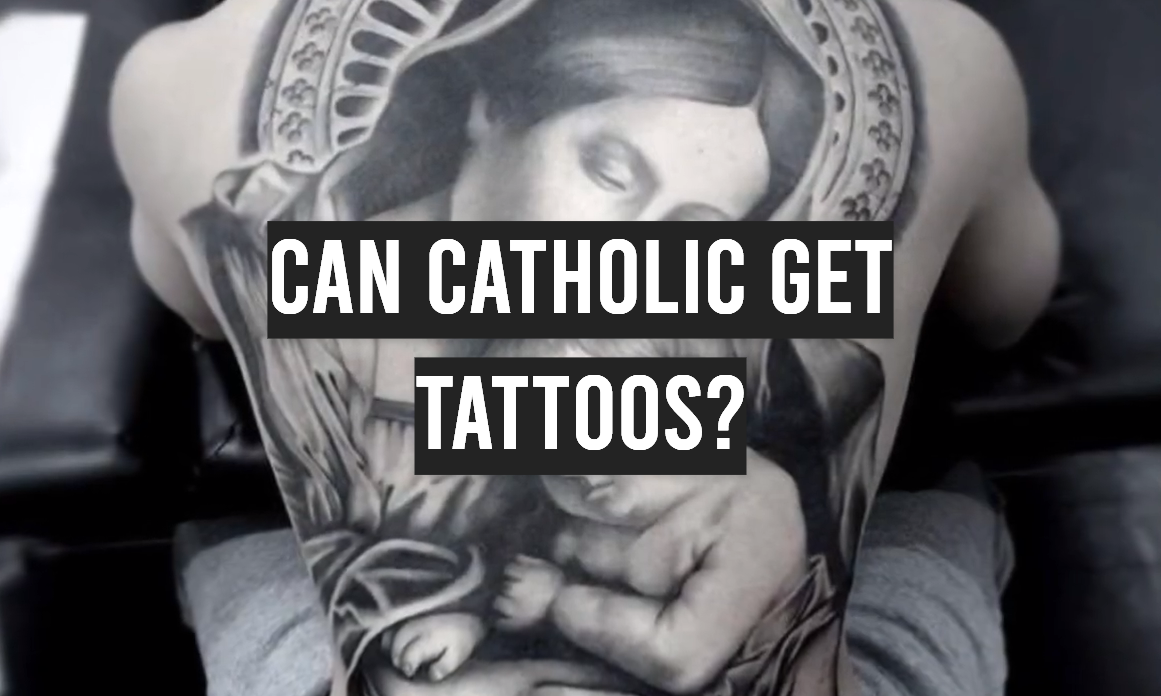
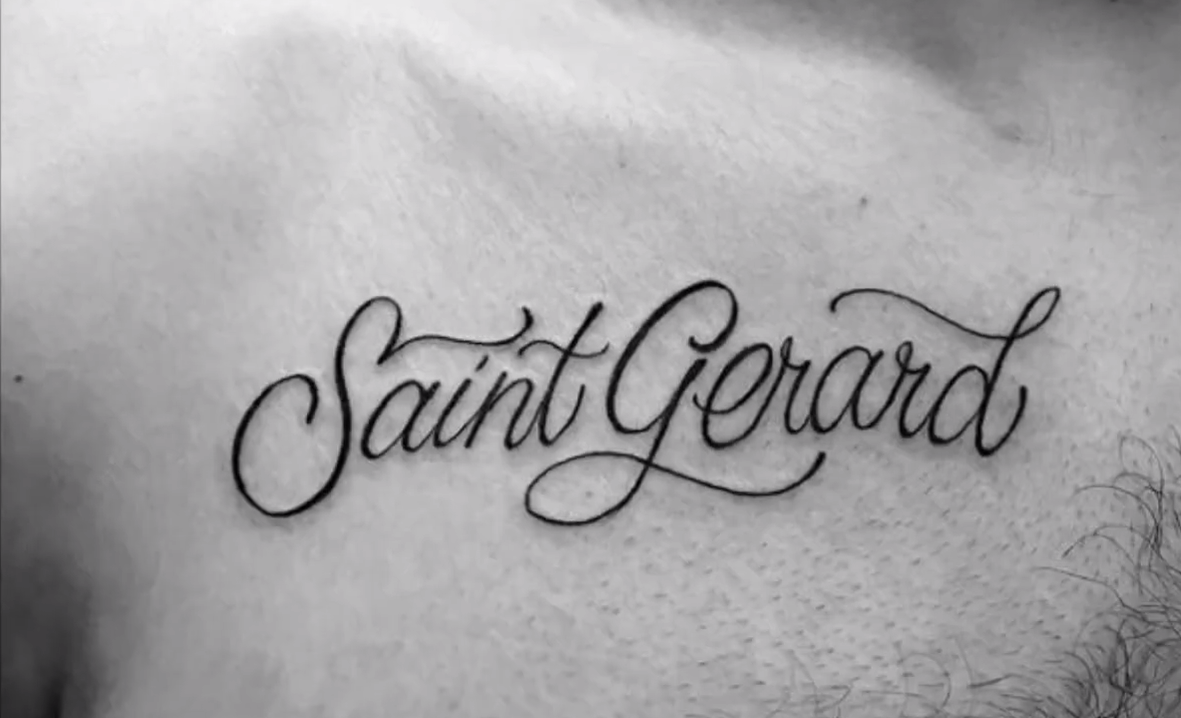
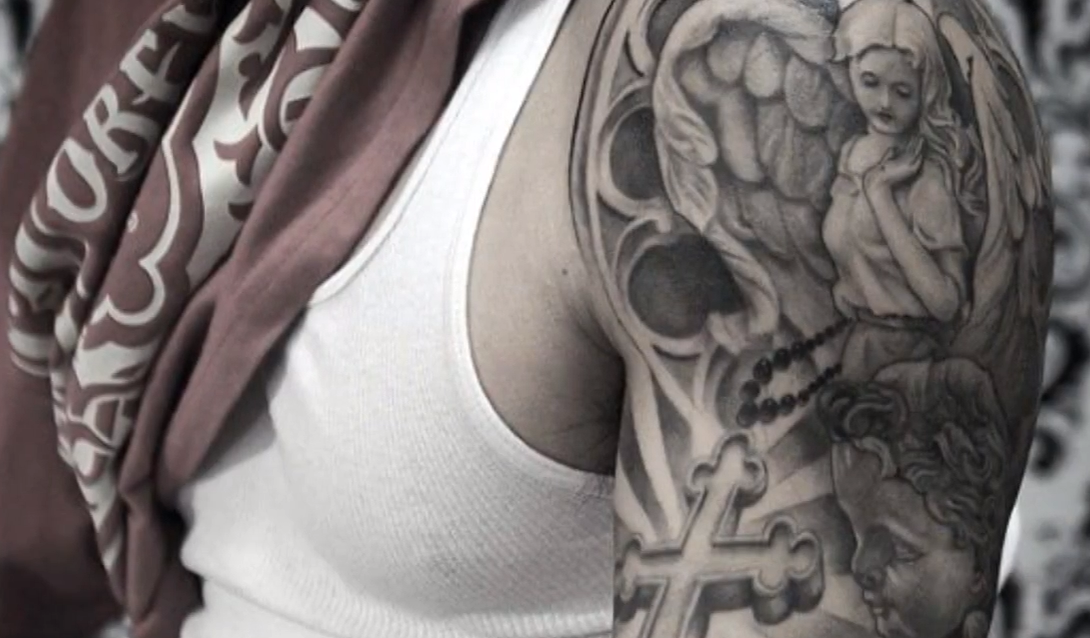




Leave a Review